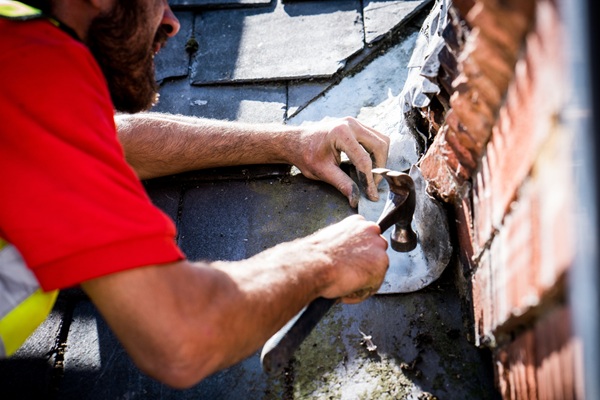Loadsa Money – Spring Statement Throws Cash At Skills Shortage
The Spring Statement heralded lots of budget cuts but loads of money for construction – for housebuilding and to tackle the skills crisis by...
Read Full Article
Although new job postings dropped 10% in February, there were one-and-a-half million advertised jobs that nobody has taken. One of the biggest areas where filling jobs is toughest is in the trades – and this could hamper the government's housing goals
A report from the Recruitment and Employment Confederation and data firm Lightcast, has revealed a significant increase in job vacancies across the UK construction sector. This is despite the construction index showing activity is experiencing its sharpest decline since the global financial crisis. With fewer projects, workers should be crying out for jobs. Instead, there aren’t enough to go around.
Fix Radio, the UK’s only national radio station for builders and tradespeople, has released new national research exposing the full scale of Britain’s skills shortage which highlight the significant workforce gaps that threaten Labour’s commitment to building 300,000 homes a year, a target not met since the 1970s and increasingly unlikely to be achieved.
The research shows that 65% of Brits were not encouraged into trade or construction professions during their academic years, with a further 24% of Brits not pursuing a trade or construction job because they didn’t have any role models to look up to. The skills gap results from decades-long challenges, with a shift in education policy prioritising further education over trade skills. As 35% of those currently in the sector over the age of 50 and nearly three-fifths planning to retire between the ages of 61 and 65, the industry faces a looming and drastic retirement crisis with little succession planning in place.
Lightcast
The report by Lightcast highlights that, despite economic uncertainty, construction firms are now looking to expand their workforce. However, this growing demand comes at a time when apprenticeship starts have declined significantly. In 2022-23, there were 337,140 apprenticeship starts, which is a sharp drop from over half a million in 2011-12. The sector also faces additional challenges, including high apprentice drop-off rates and a self-employment rate of 37%, which complicates efforts to build a stable workforce. These factors make closing the skills gap increasingly urgent as the industry struggles to secure the talent needed for long-term growth.
Brexit
Clive Holland, host of The Clive Holland Show on Fix Radio, has recently shared his thoughts with The Installer and The Fabricator on how the skills deficit has affected the construction sector. He says: “It’s not uncommon for the nation to be blighted by a skills deficit, yet it's an almost unmanageable state.
Apprenticeships are in decline and the House of Commons's Education Committee by their own admission shows that only 1.5% of all young people are studying for a T-Level.” “Since Brexit, record numbers of tradespeople have left the country. The pressures of an overstretched workforce are driving thousands to either retrain or leave the industry entirely. As Fix’s research has shown that the nation is starting to feel this pinch – with increasing numbers finding themselves waiting in excess of a year for a tradesperson to see them. Imagine what this means for the housing crisis in the long-term. “Years of repeatedly missed homebuilding targets are now pricing millions of people out of the property market and it's only going to get worse. We simply need more builders. If political parties, irrespective of their stripe or colour, honestly believe they can address the housing crisis without having the serious conversation of addressing the skills deficit, we’re heading into a very dangerous position.”
Picture: We need more construction employees and tradespeople to keep house building and repair on target.
Article written by Cathryn Ellis
27th March 2025